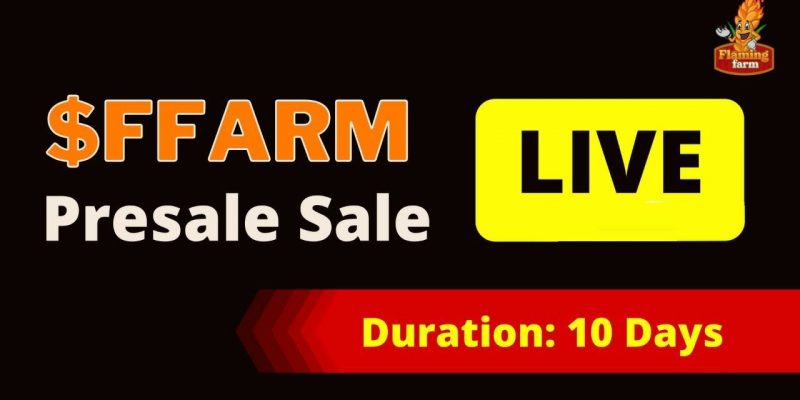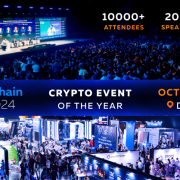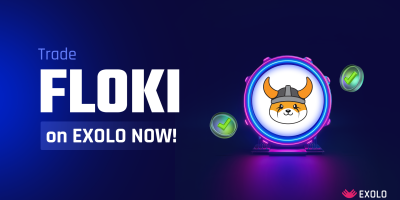The deflationary yield farming platform, Flaming Farm, announced its public crowdsale this week. The event starts on December 10, 2020, at 10:00 AM UTC, following the release of their smart contract audit. The presale price for FFARM tokens, the network’s native governance token, is set at 0.15 ETH. You will need a minimum of 0.5 ETH to participate in the event. Interestingly, whale investors are capped at 20 ETH. The network has a presale hardcap of 600 ETH.
Why all the Hype?
Flaming Farm is unique because it is the first deflationary yield farming platform to hit the market. Yield Farming is the hottest feature in DeFi at this moment. These peer-to-peer lending protocols utilize large liquidity pools to provide users with the ability to stake their idle crypto and earn rewards.
Users and new projects can then take out short term loans from these pools. These loans are repaid directly back into the pool plus interest. This process adds more liquidity to the pool and increases the liquidity pool’s token value. Consequently, users gain interest and the added appreciation of the token.
Yield farming is an attractive option for new users because it doesn’t require any prior cryptocurrency understanding. Compared to trading, yield farming produces more dependable rewards and requires all-around less work. You don’t need to spend hours researching projects and market conditions to stake your unused crypto in a liquidity pool.
Transform the DeFi Sector Forever
Flaming Farm improves on the yield farming model with the introduction of a deflationary protocol. This network was designed to combat the biggest problem facing the DeFi sector today, inflation. Liquidity pools issue tokens to investors when they stake. The more they stake, the more tokens they receive.
These tokens are especially susceptible to inflation as there is no predictable monetary supply. Instead, there is a flood of new tokens in collaboration with mostly speculative investors. Together, these two factors spell a recipe for disaster in the form of run-off sales. Flaming Farm users escape this fate thanks to the intuitive minds behind this next-gen DeFi ecosystem.
Deflationary Protocol
Flaming Farm relies on a Token Value Control mechanism that automatically burns a certain percentage of the FFARM tokens in circulation based on the pools’ available liquidity. The developers have set this protocol to begin at 2.5% and increase based on the network’s liquidity. In this way, the system preemptively removes inflationary risks for users.
Self-Fulfilling ROIs
Notably, a percentage of all Flaming Farm’s network fees go back into the liquidity pools. The network charges a small fee every time users make transactions, trade, and stake in pools. This strategy creates a liquidity cycle that bolsters the platform’s pools and the governance token’s value.
Vote on Key Upgrades
Flaming Farm follows the inclusive governance models found in most second-generation DeFi platforms. Users gain the ability to vote on all vital changes to the network. These changes include updates, new pools, and fee changes. To participate in the governance model, you need to hold FFARM tokens. The more tokens you have, the more voting power you possess. This strategy ensures that the voting majority carries the most financial risk.
Flaming Farm – A Unique Opportunity in a Sea of CopyCats
A flood of yield farming platforms entered the market this year. However, none possess the powerful deflationary technologies utilized by Flaming Farm. In this way, the platform provides the DeFi sector with a better alternative to the status quo.
For more information:
Telegram | Website | PreSale Contract












Comments